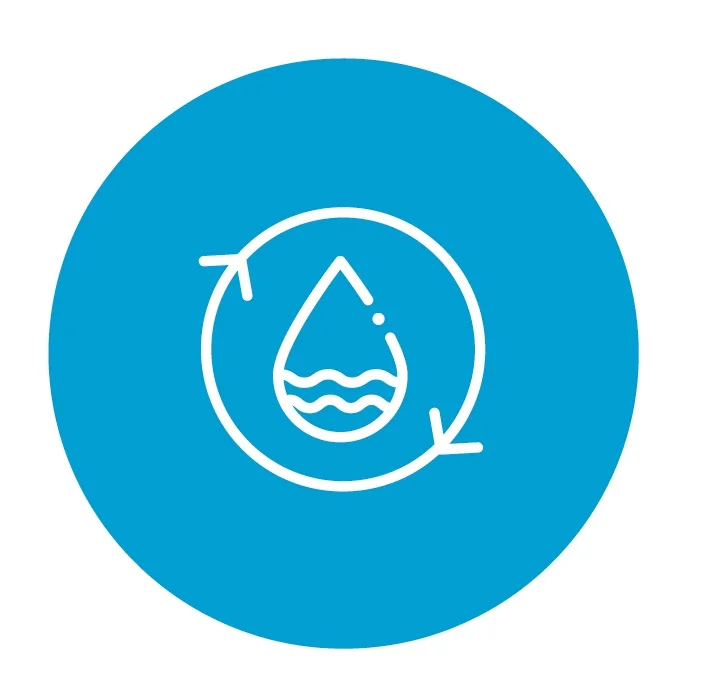Erosion and Sedimentation
Hydropower projects are likely to cause changes to the pre-existing erosion and sedimentation patterns in the affected river system. There is considerable knowledge and experience globally of the mitigation measures that can be employed to avoid, minimise and mitigate erosion and sediment related impacts from hydropower developments.
Good practice includes thoroughly assessing potential erosion and sediment related impacts at the preparation stage of a project in the Environmental and Social Impact Assessment (ESIA). Mitigation measures should be incorporated into the Environmental and Social Management Plan (ESMP). For example, projects might design vehicle crossing points on streams or rivers to minimise creation of erosion and sediment run-off.
Understanding good practice
By managing erosion and sediment issues well, projects can help to protect the longevity of hydropower installations, control maintenance costs, and avoid or minimise related social and environmental risks.
International industry good practice in erosion and sedimentation for hydropower projects is defined in the Hydropower Sustainability Guidelines on Good International Industry Practice (HGIIP).
Assessing project performance
Two assessment tools are available to measure hydropower project performance:
In Hydropower Sustainability Assessment Protocol (HSAP), Erosion and Sedimentation is addressed in P-20 for the preparation stage, I-16 for the implementation stage and O-16 for the operation stage.
In Hydropower Sustainability ESG Gap Analysis Tool, Erosion and Sedimentation is addressed in Section 3.




